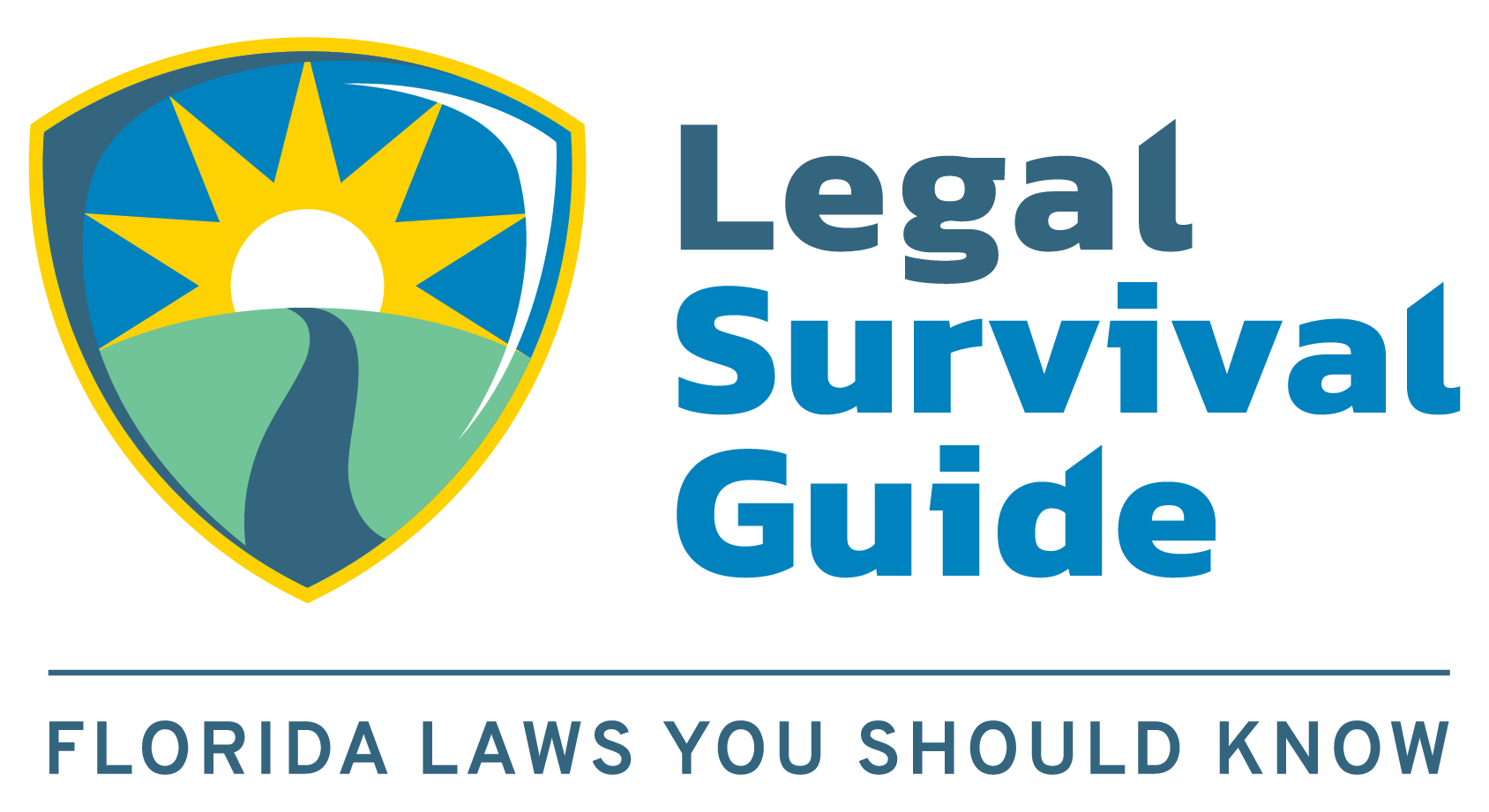Is Marijuana Legal in Florida?
Medical marijuana is legal in Florida. Article X, Section 29 of the Florida Constitution and Section 381.986, Florida Statutes, permit and regulate the use of medical marijuana.
Marijuana is a Schedule I drug under both Florida and federal law.
Federal law still prohibits the use of marijuana, even when used medically.
Who Can Use Medical Marijuana in Florida?
Only someone deemed a Qualified Patient is permitted to use medical marijuana. A Qualified Patient is defined as a Florida resident who: (i) has been diagnosed with a debilitating medical condition; (ii) has a physician certification; and (iii) has a valid qualifying Patient Identification Card issued by the Florida Department of Health.
Debilitating medical conditions include:
- Cancer
- Epilepsy
- Glaucoma
- HIV
- AIDS
- Post-Traumatic Stress Disorder (PTSD)
- Amyotrophic lateral sclerosis (ALS)
- Crohn’s disease
- Parkinson’s disease
- Multiple sclerosis
- Other debilitating medical conditions comparable to those listed above, for which the physician believes the benefits of marijuana use will likely outweigh the potential health risks to the patient
- A terminal condition diagnosed by a physician other than the qualified physician issuing the physician certification
- Chronic non-malignant pain
Qualified Patients are also allowed to formally designate a caregiver. Only one caregiver at a time may be designated for each individual Qualified Patient, unless the Qualified Patient:
- is a minor and the caregivers are the child’s parents or legal guardians;
- is an adult who has an intellectual or developmental disability that prevents him or her from caring for himself or herself and the caregivers are his or her parents or legal guardians; or
- is admitted to a hospice program.
Becoming a Medical Marijuana Caregiver in Florida
To become a caregiver, you must be over 21 and must:
(i) agree in writing to assist the Qualified Patient’s medical use of marijuana;
(ii) be registered in the medical marijuana use registry as a caregiver;
(iii) successfully complete a caregiver certification course; and
(iv) pass a background screening.
The caregiver may not be a qualified physician, someone who is employed by or has a monetary interest in a medical marijuana treatment center, or someone who receives compensation for providing this service to a Qualified Patient (other than actual expenses).
Only a Florida licensed physician who holds an active, unrestricted physician license and has completed a medical marijuana course and examination may prescribe medical marijuana.
Before prescribing medical marijuana, the physician must have treated the patient (via in-person, physical examinations) for at least three months, obtained voluntary written informed consent from the patient for the treatment, determined the risks of medical marijuana to be reasonable, and be registered as the physician ordering the low-THC cannabis or medical marijuana for a 45-day supply.
What is a “Qualified Patient?”
Medical marijuana may only be purchased from a medical marijuana dispensary. Medical marijuana can be consumed in a few different ways. These include, but are not limited to being vaped through a vape pen; in an edible form; in a topical oil or cream; or smoked.
Qualified Patients who are younger than 18 are treated differently under the law. A qualified physician may not issue a physician certification for marijuana in a form for smoking if the patient is under 18, unless the patient is diagnosed with a terminal condition, and the qualified physician determines that smoking is the most effective route of administration for the patient.
A second physician, who is a board-certified pediatrician, must concur with that determination. The determination and concurrence must be documented in the patient’s medical record and in the medical marijuana use registry. The certifying physician must obtain written, informed consent from the patient’s parent or legal guardian before issuing a physician certification to the patient for marijuana in a form for smoking.
Qualified Patients can buy, use, and possess bongs to smoke their medical marijuana. These fall under the definition of medical marijuana delivery devices in the statute and a patient is not required to purchase them from a medical marijuana dispensary.
Qualified patients cannot smoke their medical marijuana in public places or grow their own marijuana plants. Marijuana cannot be consumed in the following places:
- in public places, unless it is low-THC marijuana;
- on public transportation, or in a school bus, a vehicle, an aircraft, or a motorboat, unless it is low-THC marijuana;
- in a correctional institute;
- at a qualified patient’s place of employment, unless permitted by the employer;
- on the grounds of a preschool, primary school, or secondary school, except that each school district must make accommodations for students who are Qualified Patients to use their medical marijuana.
Qualified Patients can still be arrested for impaired driving. Additionally, it is illegal to consume marijuana without being a Qualified Patient.
But, beware: even if you have a valid prescription for medical marijuana, an employer can fire you for using medical marijuana if it violates the employer’s drug-free workplace policy. If you are unsure if using medical marijuana would violate any of your employer’s policies, you should consult with your employer prior to using medical marijuana.

